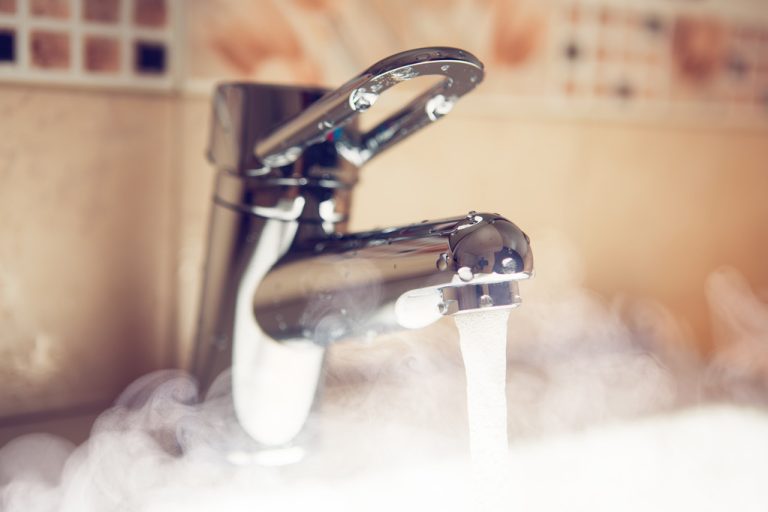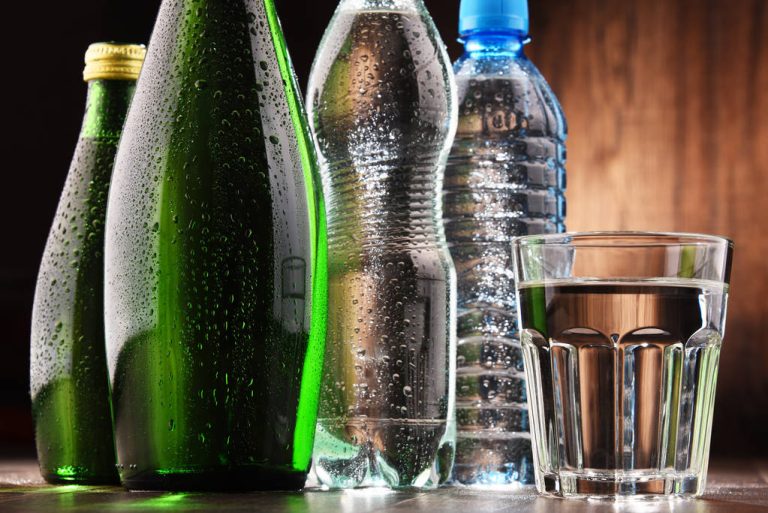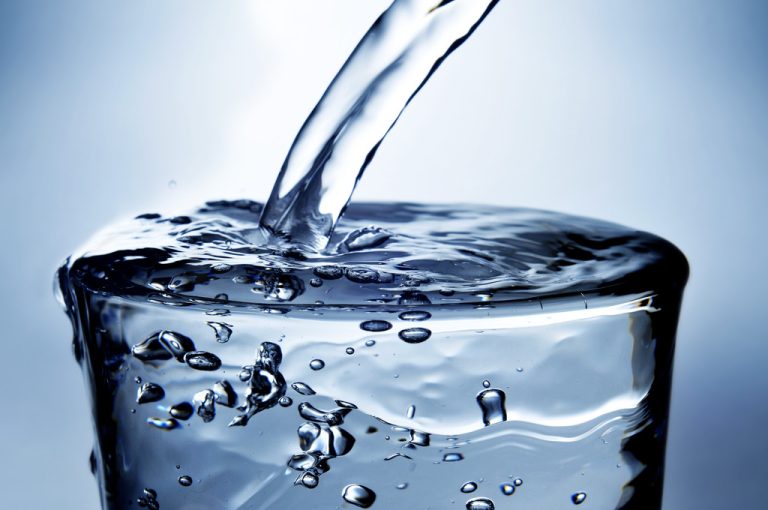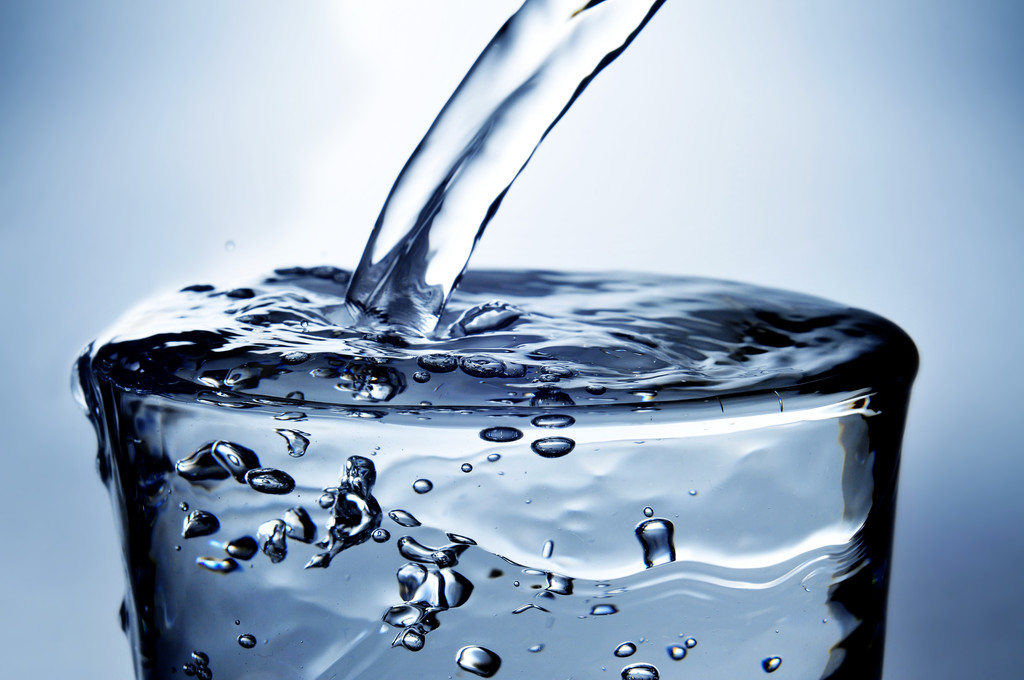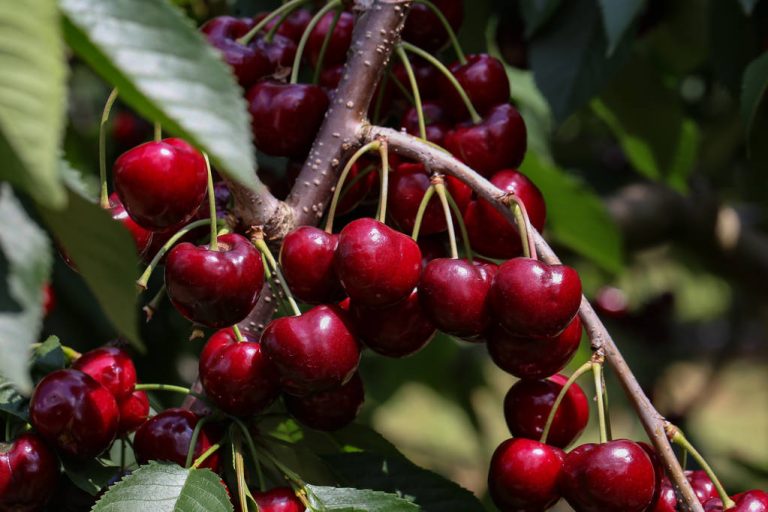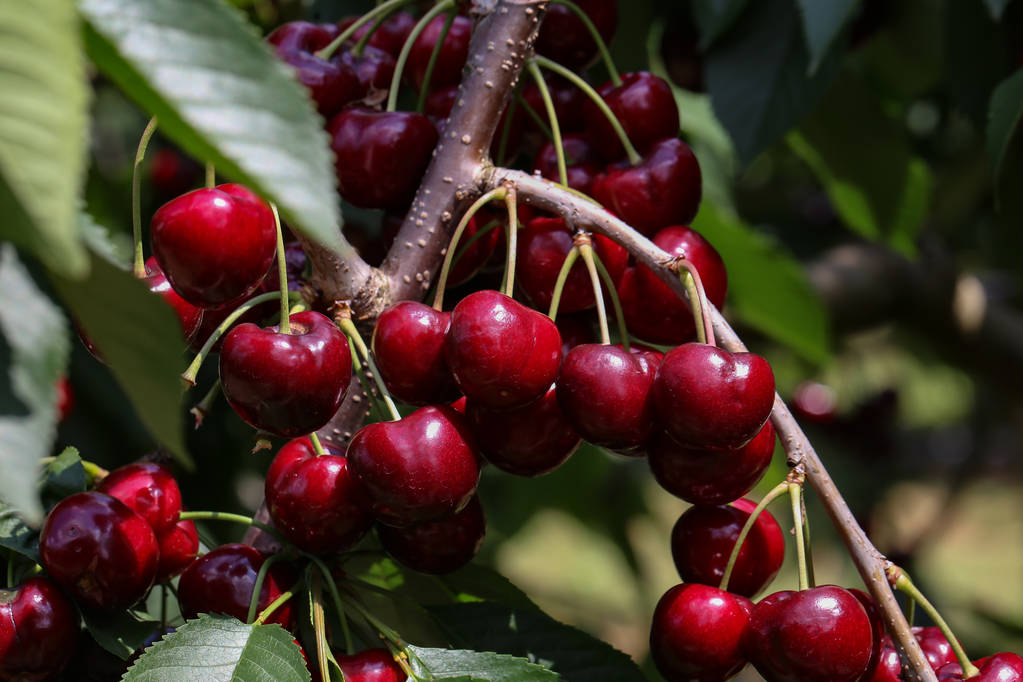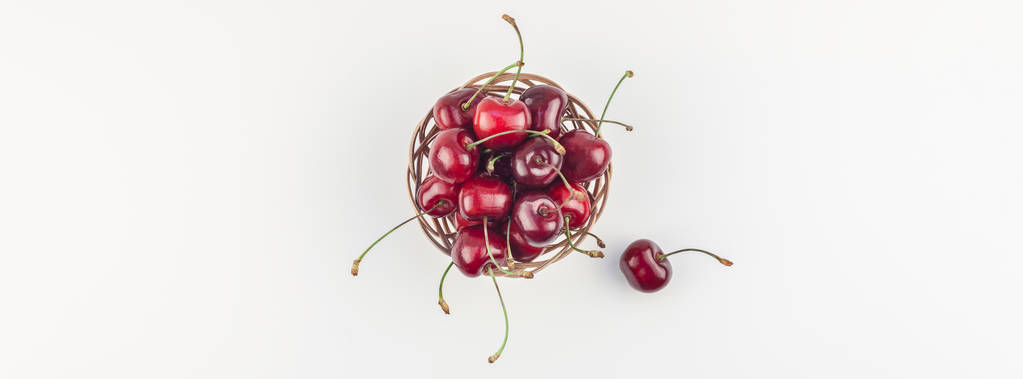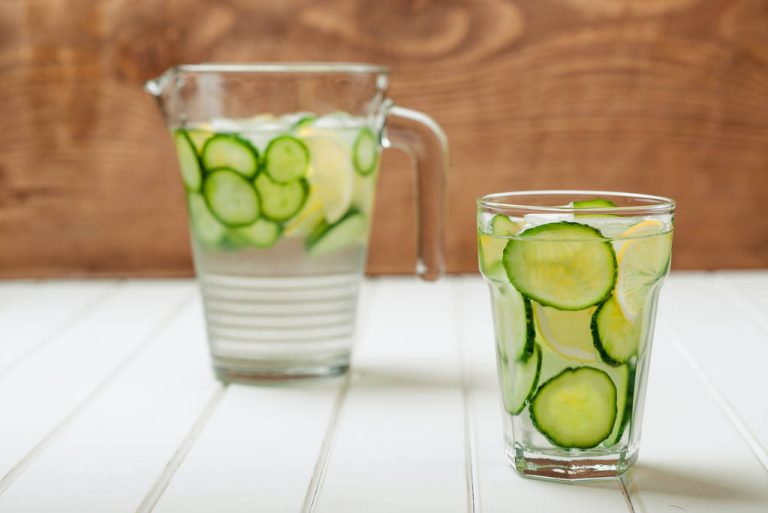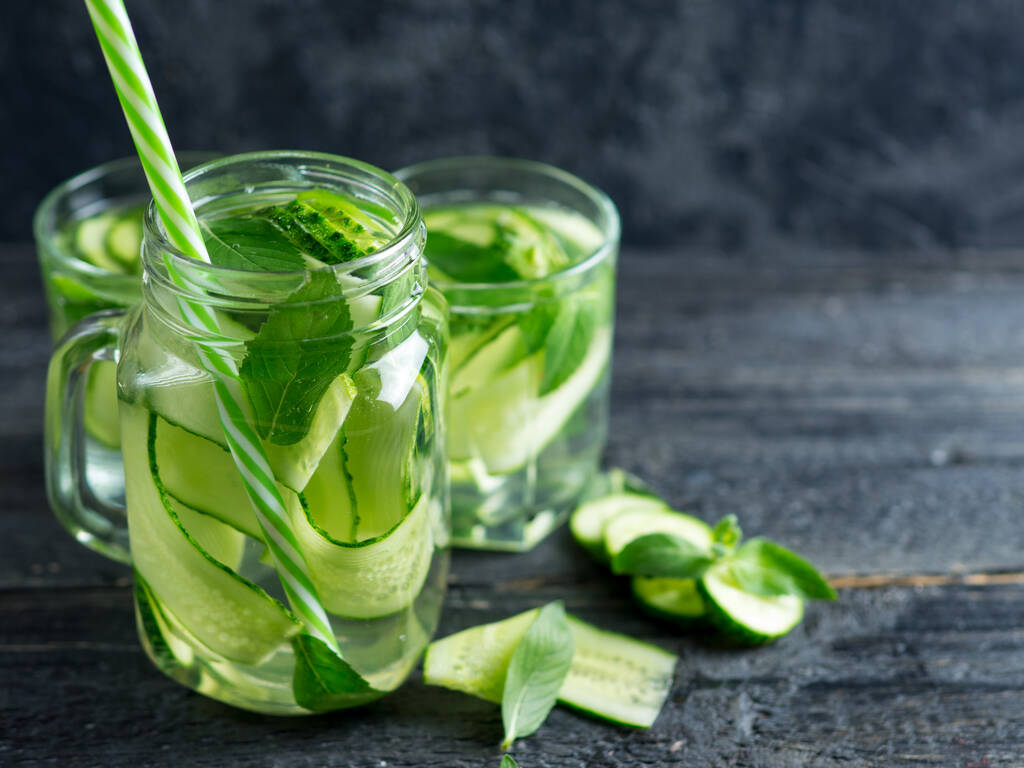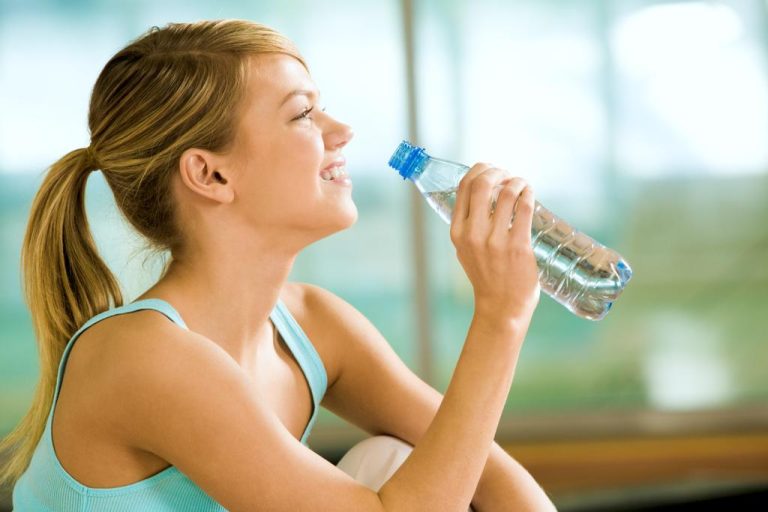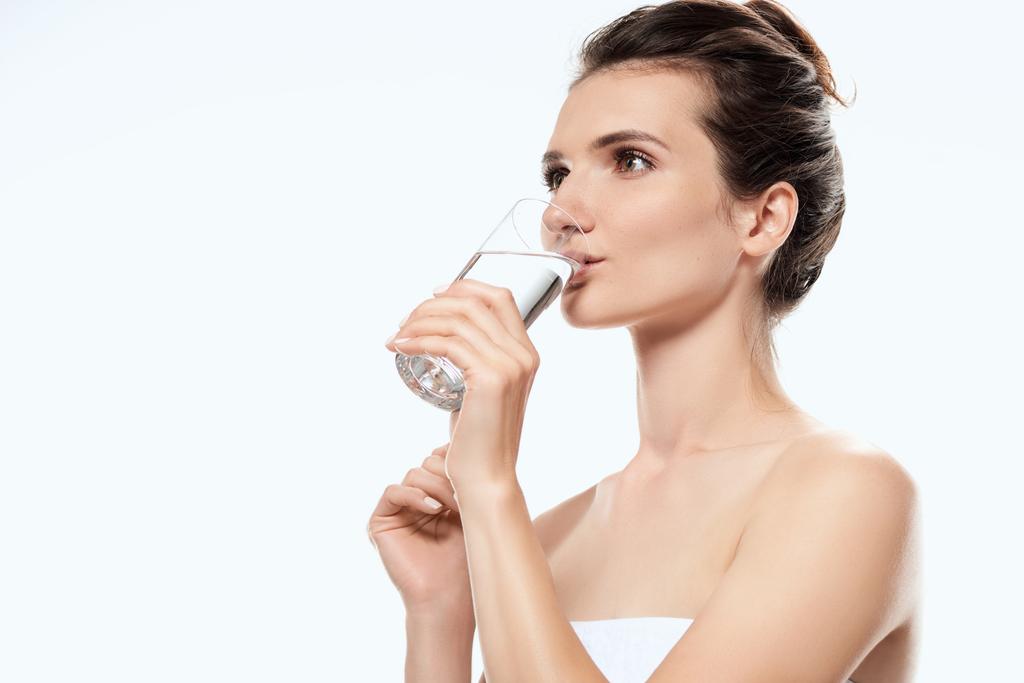Making delicious, acid-free coffee is all about balancing the variables. One of the most overlooked, but extremely important, variables is the water temperature. It’s also one of the easiest to control, adjustable factors.
Understanding how water temperature affects your coffee can do a few things for you. It gives you the knowledge you need to use water that is consistent and reliable. Let me give you an overview of the best water temperature for coffee.
How water affects coffee processing

As you probably already know, the hotter your water, the faster it extracts things from the coffee grounds. Near-boiling water only takes 2-4 minutes to achieve a balanced extraction. However, cold water can take anywhere from 3 to 24 hours to produce cold coffee.
The ideal temperature range for hot brewing is 90 to 95 degrees Celsius. This is hot enough to extract gently and quickly, but not so hot that it’s uncontrollable.
- Coffee above 1 degree Fahrenheit tends to pull things out of the ground very easily, resulting in bitter coffee
- Water below 95 degrees has difficulty in extraction, often resulting in sour, immature coffee
The 90-95 degree range is not the target standard for water temperature when brewing coffee. It’s just the spectrum that most people around the world use the most because it tends to make the best, most balanced coffee. You are always able to deviate from this tried and true temperature range, but I don’t suggest it unless you’re a seasoned coffee enthusiast.
There are quite a few coffee pros who use lower temperatures to get different results in their coffee.
The way to consistent and reliable water
If you’re really just looking for a way to get the water to the right temperature evenly and easily, that’s a good thing! Finding your water’s sweet spot is an easy way to reliably achieve the best water temperature. First, you need to determine the altitude of your place of residence. The boiling point at sea level is 100 degrees Celsius. The higher you are, the lower the temperature the water needs to be to boil.
If you live in an area where boiling occurs between 90 and 95 degrees, you’re one of the lucky ones. You can just take your water right off the kettle as it will boil at the ideal range. If you live at sea level, you should let your water cool for a minute or two after it boils before using it. I suggest using a thermometer and a stopwatch to see how long it takes your water to cool to an acceptable temperature. It could be as little as 1 minute, but it could also be 5, depending on your height and the size/material of the kettle.
If you’re near sea level, you can also skip preheating your coffee maker. If you then pour in your water, which is over 95 degrees hot, it will immediately cool down as the coffee maker absorbs some of the heat.
If you live at a very high altitude where boiling starts below 94 degrees, you risk running out of your coffee extraction by boiling with just a little too cold water. You may need to adjust your brewing style slightly to brew the best coffee possible. I suggest trying a few things:

- Heat your brewing vessel very well to reduce the temperature loss when filling the water
- Increase extraction by either grinding your coffee a little finer or increasing the brewing time
Change water temperature to improve the coffee taste?
There are ways you can use water temperature to achieve specific flavors, but it’s quite difficult to do this consistently unless you have a dedicated kettle that heats water to specific temperatures. These are very convenient, but they are often very expensive. If you’re looking to improve your coffee, it’s much easier to keep your water temperature in the ideal zone and instead use the grind size to make small changes. Adjusting the grind size is quicker and easier to control than adjusting the water temperature. You can also use the best fully automatic coffee machines for perfect coffee enjoyment.




